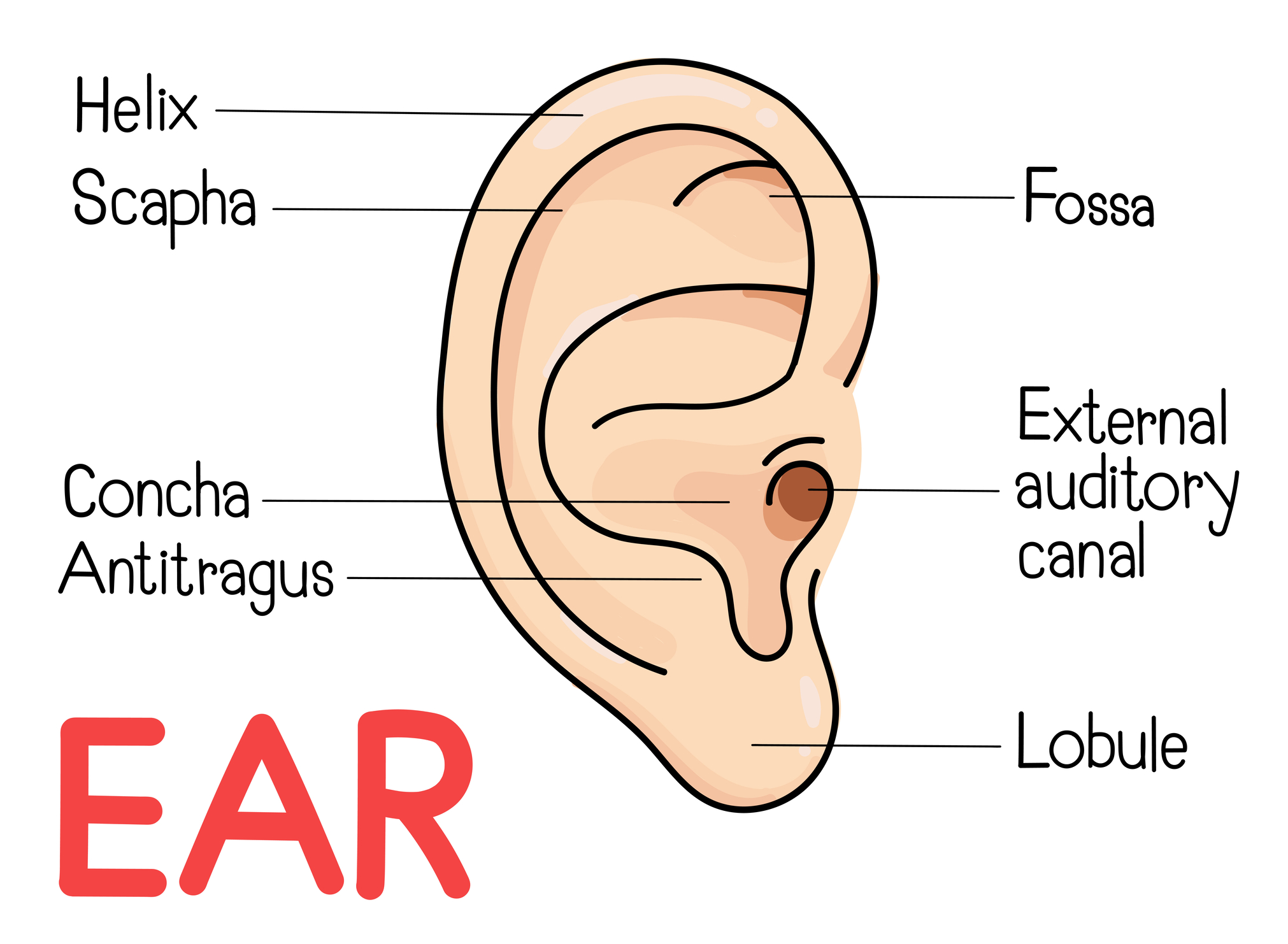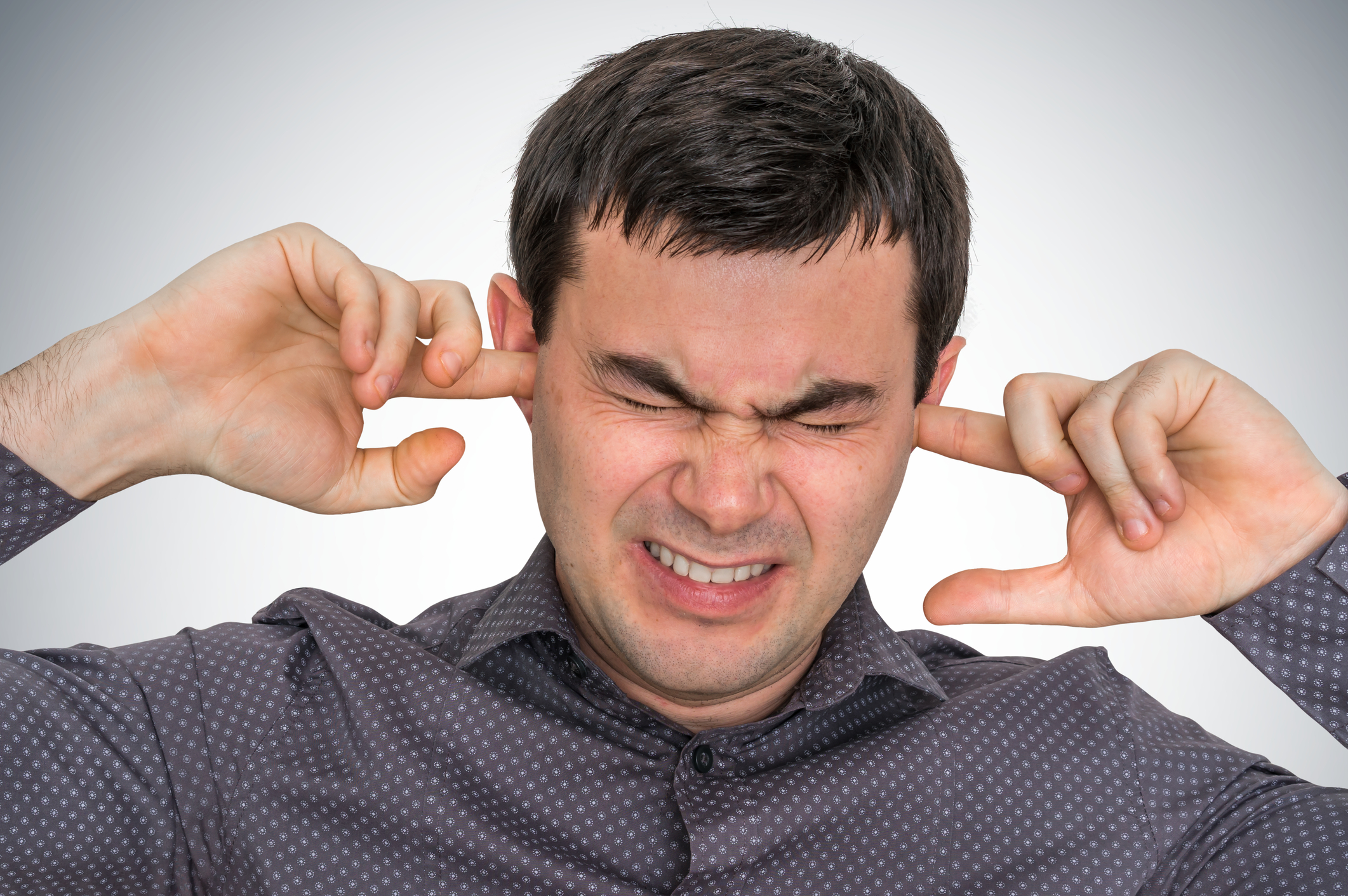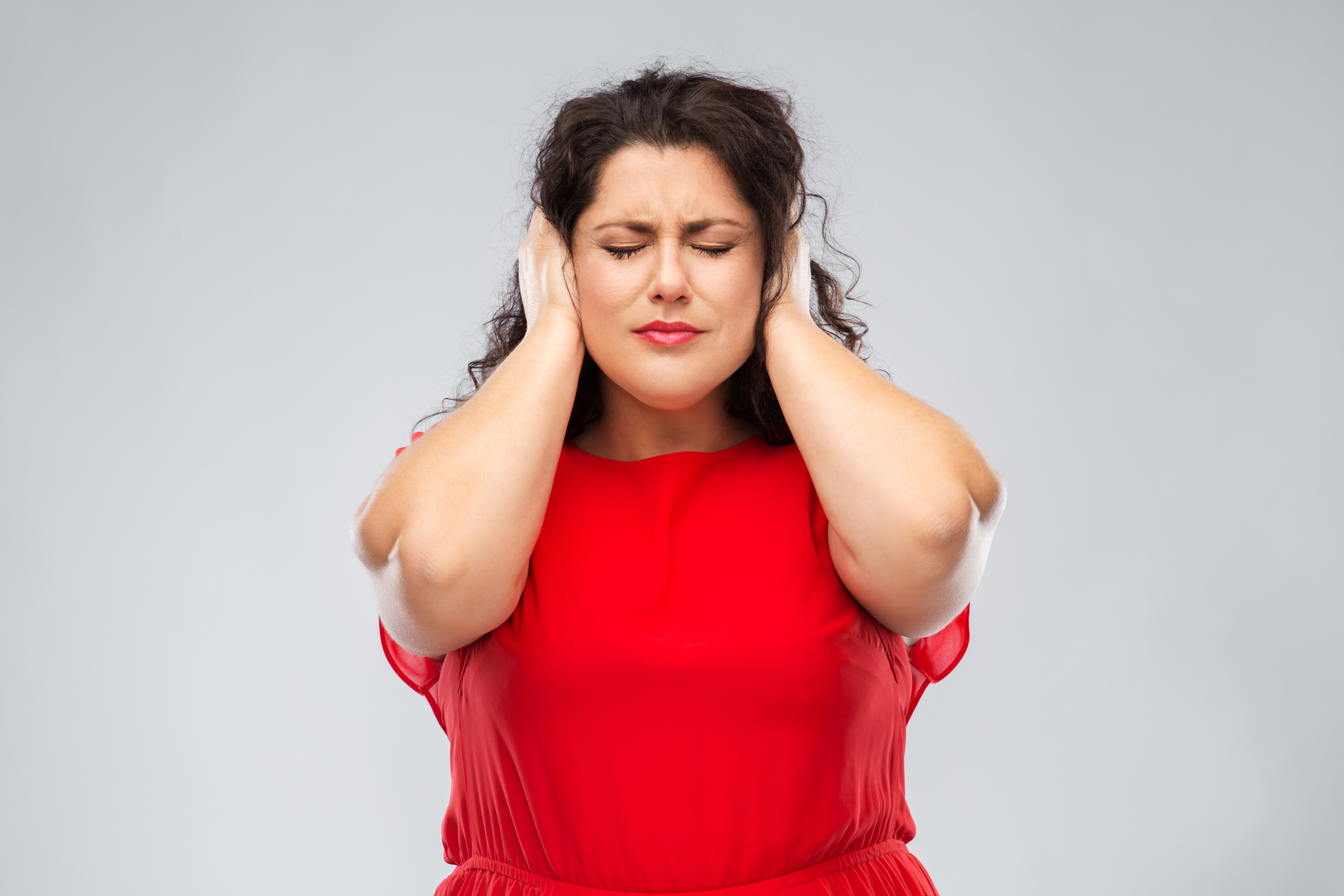Top Five Phenomenal Reasons Why Your Ears Ring Sometimes Uncovered
Tinnitus, often described as ringing in the ears, is a common auditory phenomenon. It’s reported that approximately 15-20% of people experience tinnitus at some point. Although it's not a casual topic of conversation, it’s a sensation that piques everyone's curiosity. This slide unpacks the intriguing phenomenon of tinnitus, the medical term for the perception of sound when no actual external noise is present.
The strange thing about tinnitus is that it is purely subjective - only the person suffering from it can hear it. While usually described as a ringing, it can also sound like hissing, roaring, or buzzing. Tinnitus can be temporary or continuous, and the volume can range from subtle to deafening. Now, let's delve into the fascinating reasons behind this phantom noise.
The Intricacies of the Auditory System

The human auditory system is complex. Sound waves are transformed into electrical signals in the brain, which interprets these signals as sound. When functioning normally, the system does a fantastic job. However, any disruption or damage at any stage can often result in tinnitus. This could occur as a result of damaged hair cells in the cochlea, problems with the auditory nerve, or complications in the brain's auditory processing areas.
Effects of Excessive Noise Exposure

One of the most common reasons for tinnitus is excessive noise exposure. Frequent exposure to loud sounds can damage the tiny sensory hair cells in the inner ear that transmit sound to the brain. This damage can trigger tinnitus. It's not just heavy metal concerts or demolition sites that can cause these problems; even everyday noises from traffic, construction work, and loud music can potentially lead to tinnitus.
Earwax Buildup and Blockage

Another common culprit behind ear ringing is earwax buildup. Our bodies naturally produce earwax to keep our ears lubricated and protected from dust and microbes. But when there’s an excessive buildup, or if the wax hardens and blocks the ear canal, it can cause hearing problems and potentially lead to tinnitus. Regular cleaning of the ears can prevent this issue and the associated tinnitus.
Aging and Natural Deterioration

As we age, many parts of our body begin to operate less efficiently, and the inner ear is no exception. Age-related hearing loss, or presbycusis, is a common reason for tinnitus in the elderly. Presbycusis usually begins to occur around the age of 60 and primarily affects the ability to hear higher frequencies. In the attempt to compensate for the loss of these frequencies, the brain may create the phantom noise we know as tinnitus.
Underlying Health Conditions

In some cases, ringing in the ears could be a symptom of a larger health issue such as high blood pressure, atherosclerosis, or anemia. Often, addressing these underlying conditions can also alleviate the symptoms of tinnitus. This highlights the importance of seeking professional medical advice if you experience persistent tinnitus. It may be more than just an annoyance; it could be a sign of a health concern that needs attention.